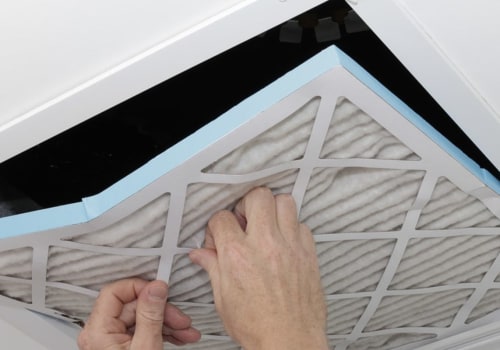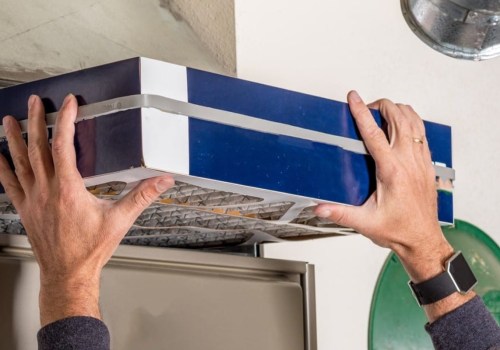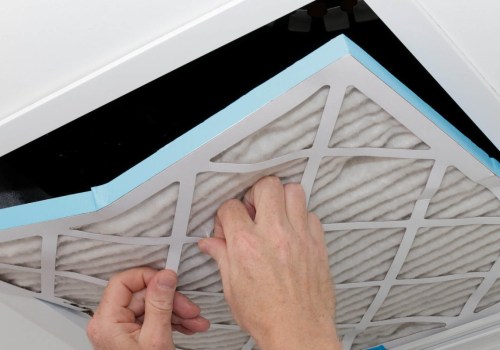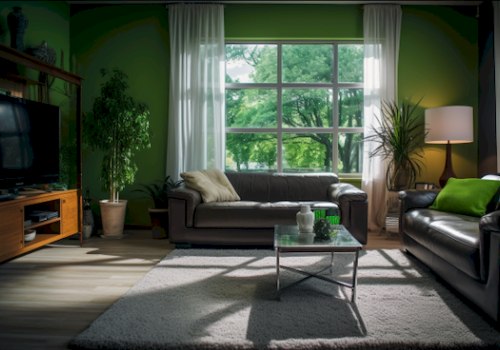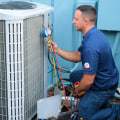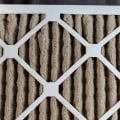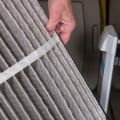When it comes to selecting the right air filter for your home, it's important to understand the MERV rating system. According to ASHRAE, the best rating for residential HVAC systems is MERV 13. However, before you upgrade your filter, make sure that your specific system can handle that classification. A higher MERV rating often means lower airflow, which can make the system work harder and use more energy to do its job.
Generally speaking, filters with higher MERV ratings are more effective and improve air quality, but they are also more expensive. Plus, a higher rating doesn't always mean better for homeowners. MERV ratings greater than 16 are typically used in specialized commercial environments where air filtration is essential, such as hospitals. Our recommended MERV rating for residential oven filters ranges from 6 to 8 to strike a great balance between maximum oven efficiency and home comfort. The MERV 1 rating is the lowest efficiency with minimal filtration, while the 16 rating offers the highest efficiency and filtration. For example, a better MERV rating doesn't always mean a filter is the best option for your oven.
The higher MERV rating means that an air filter will capture the most dust, while the lower rating means that a filter will capture the least amount of dust. This rating is more efficient than MERV 8 and 11 with the ability to filter even more allergens from the air. The best MERV rating for your home will depend on what you want to filter and the amount of airflow your HVAC system needs to operate. A filter with a MERV rating between 1 and 6 can remove particles between 0.3 and 10 microns with an efficiency of 20%. Basically, the higher the MERV rating, the greater the air filtration capabilities of a particular filter.
Selecting the right MERV rating for your air filter is a balancing act between the capabilities of your HVAC system and the indoor air quality you want to achieve. You might think that an air filter with higher MERV ratings would be more beneficial, but in some cases, it's not. Obtaining filters with the correct MERV ratings is essential to ensuring that the air is well filtered without overloading the HVAC system. You can use the table below to better understand how filters rated with FPR and MPR compare to the more standard MERV rating system. Filters that are MERV 16 to 20 are generally only found in hospitals, cleanrooms, and nuclear power plants.
